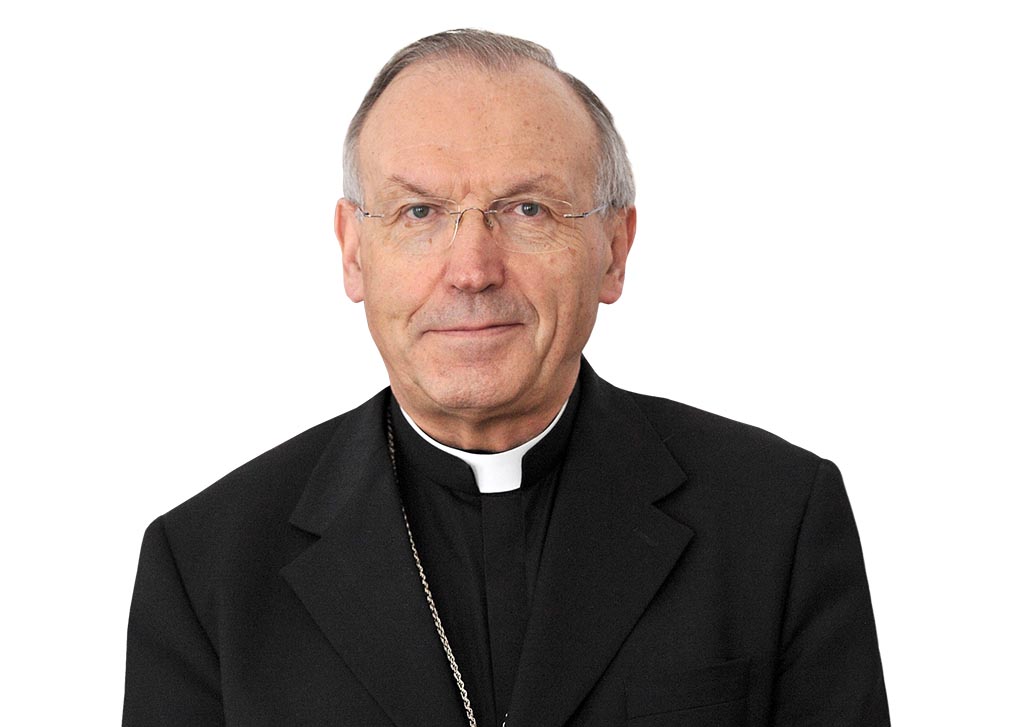By: Anton Stres
In the three decades of its own statehood, Slovenian society has not developed in accordance with its potential, especially regarding human resources, due to incomplete democratization.
Anyone who has read Trstenjak’s optimistic descriptions of the Slovenian national character believed that these people, once freed from totalitarian obstacles, would start to fly on the wings of all-round development. The reason why this did not happen is in the fact that the factors that change the mindset of an environment were not the first to be freed from destructive and reactionary socialist thought patterns. These factors are school and education, media and public opinion, and culture in general. On the contrary, proponents of the old ideology embedded into the institutions of these activities and made sure that the mentality and ideology changed as little as possible. Also in other areas, socialist conservatives kept everything within the framework of old ideological prejudices, and above all, old privileges. Distrust of everything that is not public and state-owned still prevails: which bears the marks of personal initiative, free competition, economic performance and service complexity. However, progress and development were underway, despite the prevailing mentality of the ruling circles, rather than with their help. The potentials of citizens have not been unleashed and Slovenia is not yet breathing fully with both wings of its lungs. The future and development of the Slovenian state therefore depend significantly on the faster removal of monopolies, with which the remnants of totalitarianism hinder consistent pluralization, equality of all political orientations and values, including religious ones, and the unleashing of creativity, that there is no lack of otherwise.
Our old issue of reconciliation must also be addressed in this context. This is, first of all, a correction of historical injustices, for the crimes of the communist government were grave and cruel. But it is also about reconciliation in terms of the broadest possible inclusion and equal cooperation. This must take the place of the current exclusion, which has been receiving stunning outbursts on the political stage and in the media in recent months, in mockery of the most basic levels of reasonableness and intellectual honesty.
If it is true, as Christ says, that only truth can set us free, then the conditions for its domination must first be improved. Against ideology and unreasonable and persistent prejudices, an open, free and, above all, plural space must be created, wide enough for all those who “think well in their hearts”, that is, those who, in public action, give priority to the needs of all, and not just some. There is also an urgent need to improve the conditions for justice. In other words, this means enforcing the rule of law, as we are obliged to do by the Constitution. If we had already done so, it would not have been possible to ignore the decisions of the Constitutional Court or the will of the people expressed in a referendum for many years.
All this, however, is a matter of political and democratic culture. In Slovenia, culture is praised, but here I mean culture in the original sense, which is inappropriately more decisive for the nation’s existence than the multitude of cultural guilds. It is culture in terms of all-round high quality and spiritual omics. It begins with fundamental truthfulness and impartiality, with a willingness to cooperate, with mutual respect and recognition of the rights of fellow human beings, and with an acceptance of duties and responsibilities for the common good. We will be ripe for our own country when the common good takes precedence over the (political) interests of limited and exclusionary groups.
Anton Stres is Dual Doctor of Science, theologian and philosopher and retired archbishop of Ljubljana.

